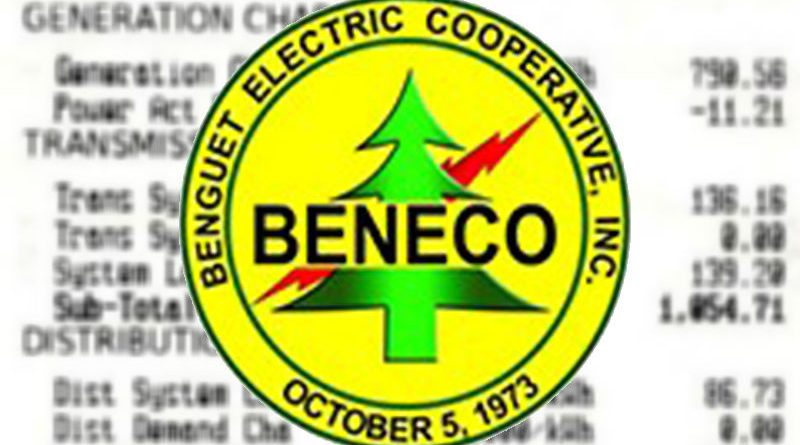BAGUIO CITY – The leadership of the Presidential Commission on Urban Poor (PCUP) clarified that there was no order from the presidential body directing the city government to defer the demolition of more than 58 informal settlers within the 5,000-square meter Benguet-Ifugao-Bontoc-Apayao-Kalinga (BIBAK) property along Harrison road.
In a recent meeting with Mayor Mauricio G. Domogan, PCUP Chairman Hernani Panganiban informed the local chief executive that it was not the intention of the agency to order the local government to defer the demolition of the identified illegal structures within the BIBAK property since the letter was simply a mere request that could be granted or rejected by local officials.
Panganiban admitted the PCUP has no power to compel local governments to defer what has been already decided upon by the concerned local government in relation to the demolition of illegal structures since the agency is not vested with the power to stop decisions of local officials relative to the presence of informal settlers.
It was learned that the PCUP chief secretly went around the BIBAK property along Harrison Road prior to their scheduled meeting to validate the report of his two Commissioners that the informal settlers in the area are not qualified to be given relocation sites considering that most of them are reportedly renting out their structures and that they are definitely earning more than the so-called urban poor.
For his part, Mayor Domogan said the city government is inclined to pursue the demolition of the 58 identified informal settlers in the area in order to pave the way for the utilization of the property as student dormitory for the students coming from the different parts of the Cordillera, saying that if the informal settlers will not be able to submit an acceptable proposal for their temporary stay in the area, demolition activities will push through after August 10.
The local chief executive cited the PCUP and the city government will continue to strengthen its relationship in order to be able to effectively and efficiently address the problems on the sudden surge of informal settlers in the city and the provision of descent housing to the urban poor.
While admitting that the informal settlers within the BIBAK property are not actually qualified for relocation under the provisions of Republic Act (RA) 7279 or the Urban Development and Housing Act, Domogan said the local government is closely coordinating with other urban poor groups in the different parts of the city to help the people to be displaced look for available housing areas in their respective barangays.
Earlier, the informal settlers proposed to the city government that they be allowed to occupy their structures for a period of at least two years but the city mayor rejected the same considering that it is not reasonable as it will simply be to their greater advantage.
He cited the issue has been long resolved that is why it is now the obligation of the city government to implement whatever the decision is in order to free the property from informal settlers and allow the proper utilization of the same.
By Dexter A. See













